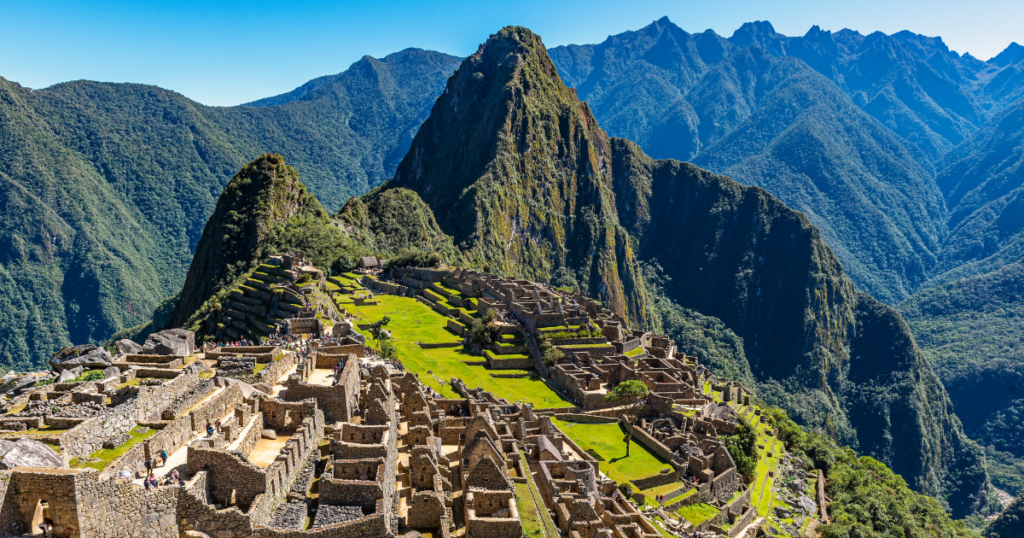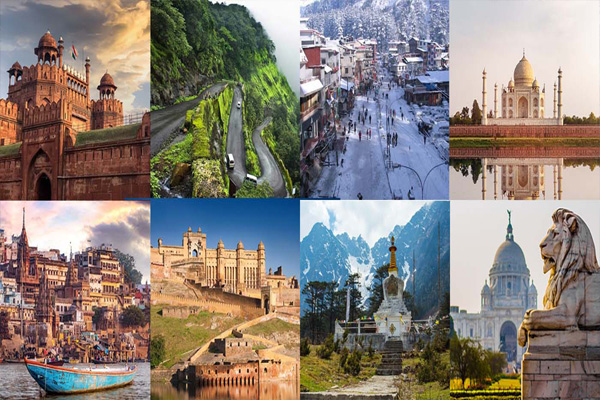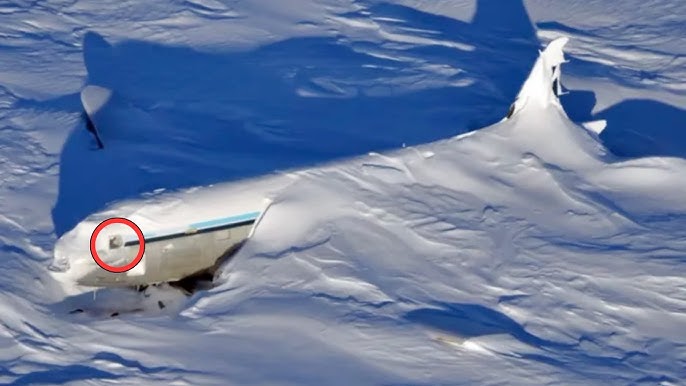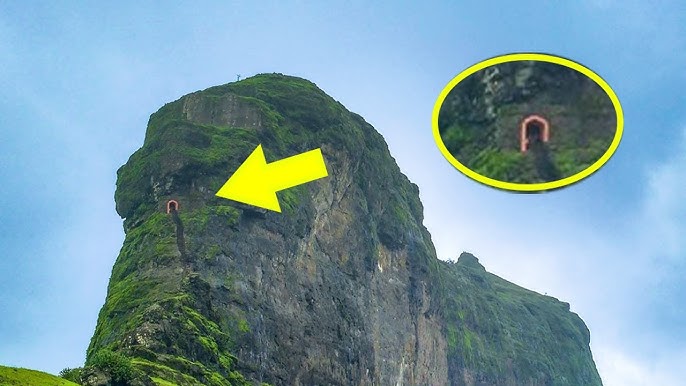
The idea of discovering a lost civilization during travel has captured the imagination of adventurers, archaeologists, and historians for centuries. From the ancient ruins of Machu Picchu to the lost city of Atlantis, the notion of stumbling upon a forgotten society hidden in the remote corners of the Earth is thrilling. But what would happen if we discovered a lost civilization on one of our travels? Would it be the discovery of a lifetime, or would it unravel a series of consequences we might not be prepared for? The implications of such a discovery are far-reaching and complex, touching everything from archaeology to ethics and geopolitics.
1. Historical and Archaeological Revelations
The first and most obvious consequence of discovering a lost civilization would be the wealth of historical and archaeological knowledge it would unlock. A newly uncovered society could provide invaluable insight into human history, answering questions about ancient cultures, ways of life, belief systems, and technological advancements. It could rewrite parts of our understanding of ancient civilizations and their interactions with one another.
Archaeologists and historians would rush to study the site, eager to learn from artifacts, architecture, and written records. This could lead to groundbreaking discoveries, shedding light on forgotten innovations or societal structures that had long been lost to time. Every object, every ruin, and every trace of a lost culture would provide new information that could shape our understanding of human development.
However, the discovery would also raise numerous challenges for the scientific community. There could be disagreements over the interpretation of findings, ethical dilemmas surrounding the treatment of artifacts, and questions of cultural preservation versus excavation.
2. Ethical Dilemmas and Cultural Sensitivity
A discovery of this magnitude would inevitably raise serious ethical questions, especially concerning treating the lost civilization’s remains. Should the artifacts and human remains be studied or left undisturbed, respecting the cultural and spiritual significance they hold for potential descendants or indigenous groups? Many archaeologists argue that respect for the culture and traditions of the people who once lived there should take precedence, which means prioritizing local communities’ voices in the decision-making process.
If the civilization was previously unknown to the area’s indigenous populations, it could lead to confusion or even tension over ownership and heritage. In such cases, international law and cultural sensitivity become crucial. Who truly owns the right to these discoveries—the local governments, the indigenous people, or the global scientific community? This question could lead to heated debates over repatriation, the preservation of cultural heritage, and the commercial exploitation of such findings.
3. Tourism and Exploitation Risks
The discovery of a lost civilization would likely spark a surge in tourism as people worldwide flock to the site to witness the newfound wonders. At the same time, tourism can bring economic benefits and lead to exploitation and over-commercialization. Sites of historical significance often suffer from environmental degradation, overcrowding, and the loss of cultural value when they become popular tourist destinations.
There is also the risk of irresponsible tourism, where travelers treat sacred sites with disrespect or engage in activities that damage the area. In the case of a lost civilization, the introduction of mass tourism could lead to the erosion of the very history and culture that made the discovery significant in the first place.
To mitigate this, governments and international organizations would need to carefully regulate access to the site carefully, ensuring that tourism is sustainable and does not compromise the integrity of the discovery.
4. Geopolitical Tensions and Territorial Disputes
Depending on the location of the lost civilization, the discovery could lead to geopolitical tensions. The discovery could spark territorial disputes between countries or groups if the site is located in a disputed territory or near a region with existing political conflicts. Nations might vie for control over the site, claiming ownership for archaeological, cultural, or political reasons.
In some cases, the discovery could become a matter of national pride, with governments using it to assert their cultural heritage or strengthen their historical claims. This could lead to various issues, from legal disputes to international tensions, as countries argue over the right to excavate, study, and protect the site.
5. Technological and Societal Insights
Another possible outcome of discovering a lost civilization could be the revelation of advanced technologies or practices ahead of their time. If the civilization had developed unique innovations in fields such as agriculture, architecture, or medicine, these discoveries could offer valuable insights into solving modern-day challenges. Ancient knowledge might answer contemporary issues like sustainable living, climate change, or alternative energy sources.
However, these discoveries could also come with their own set of challenges. Reintroducing ancient technologies might create significant ethical concerns if misused or appropriated for harmful purposes. It would be essential for governments and institutions to consider how such knowledge is shared and utilized carefully.
Conclusion: A Double-Edged Sword
The discovery of a lost civilization would undoubtedly be one of human history’s most exciting and transformative events. It could revolutionize our understanding of the past, provide solutions to modern problems, and open new cultural exchange avenues. However, the implications would also be far-reaching and complex, touching on ethics, cultural preservation, geopolitics, and tourism.
Ultimately, a discovery of this magnitude would require careful handling, collaboration between governments, scientists, and local communities, and a commitment to protecting the legacy of the lost civilization for future generations. As with any groundbreaking discovery, it’s essential to remember that what we uncover can change the world—not only in terms of knowledge but also in how we choose to respect and preserve that knowledge.







